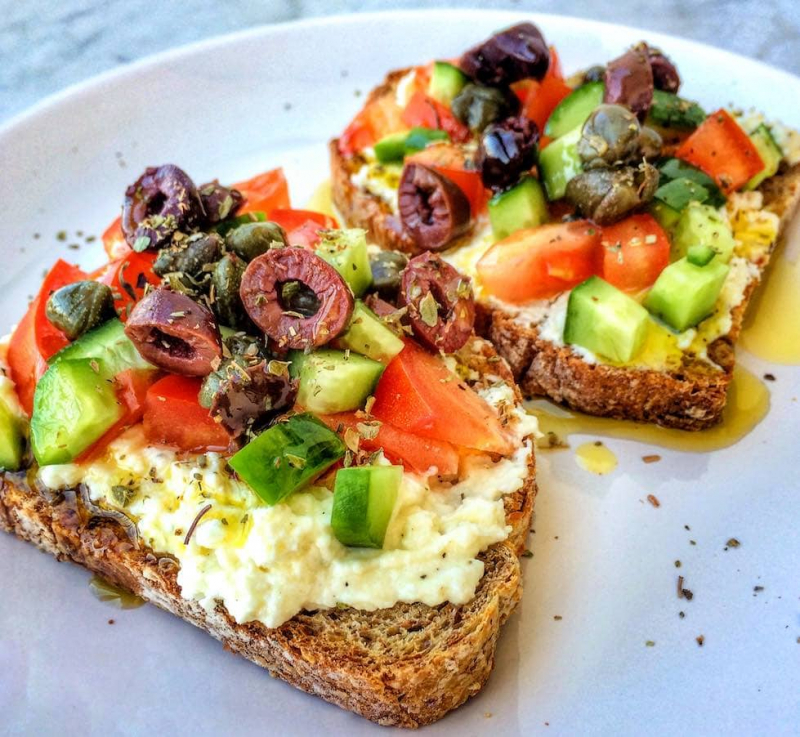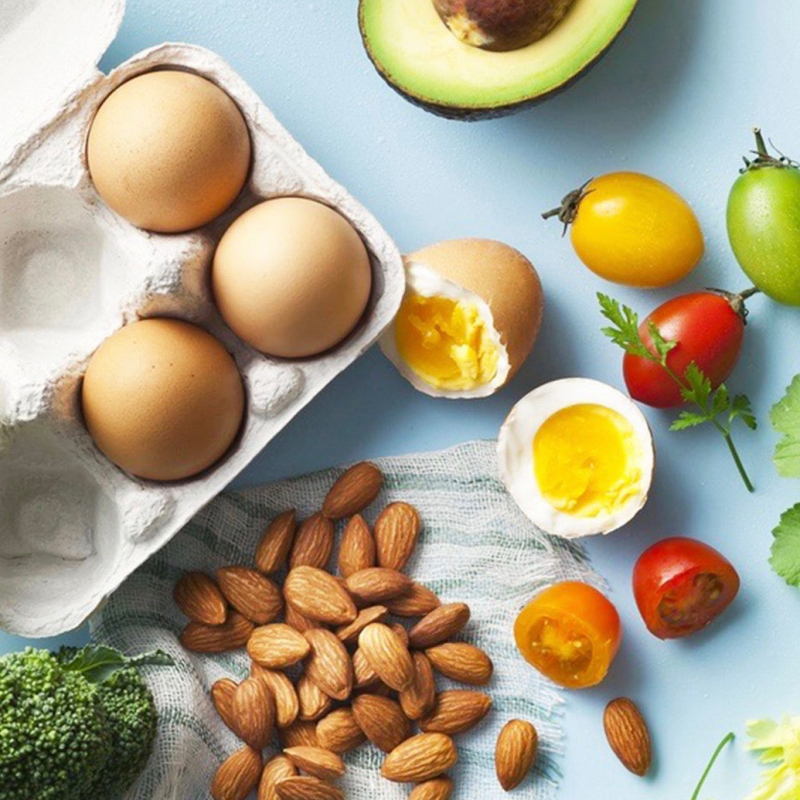Tunisia may be Mediterranean, but the diet is not
Tunisians do not follow the Mediterranean diet, which is rich in almonds and yogurt and has resulted in a high incidence of heart disease. Bread is the foundation of a Tunisian dinner, and the rest of the table will be groaning under the weight of extra carbohydrates: macaroni with potatoes, couscous, deep-fried potatoes and peppers mixed into a paste called kefteji, and sandwiches loaded with French fries. Many restaurants in Tunis provide these classic meals with the gentle accuracy of home cooks. It has been proposed that the Mediterranean diet is based not only on the traditional dietary pattern, but also on the socio-cultural legacy, agro-ecological environment, and biodiversity from which these cuisines are generated. While vegetables remain an important part of a balanced diet, consumption of these nutrient-dense foods remains low.
Chou Chou near Le Passage serves mergez ojja (shakshuka on steroids) in clay bowls with three baguettes, while Cafe Maklaoui in the souq serves fried fish couscous with fava beans.

















